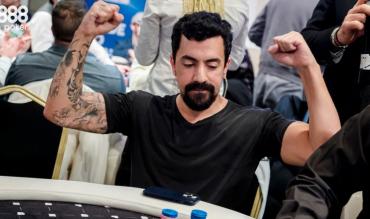The game of poker can be extremely rewarding but also extremely challenging.
Even with perfect play, we should expect significant upswings and downswings regarding results.
Being able to handle swings emotionally and financially is crucial in determining the length of any anticipated poker career.
In this short 888poker survival guide, we’ll give tips for handling big upswings and downswings like a pro.
Understanding Upswings
A good player can make up to about 10 big blinds in profit for every 100 hands played at the poker tables.
We can use the poker term upswing If winning significantly more than this over a short period.
It may seem to most that upswings are much easier to deal with than downswings.
But there are still some pitfalls that we should be aware of:
- The possibility of becoming overconfident or reckless.
- Fear of losing back profits or that we are ‘due’ a downswing.
- There is a lack of motivation to continue putting in decent volume.
- Taking shots at higher limits without correct bankroll management.
- Quitting our day job expecting sky-high profits to continue.
- Neglecting to work on our game.
Short-term results are mostly down to luck. They don’t impact whether we will run good or bad in the future. There’s no poker cheat sheet to guarantee we’ll continue on an upswing.
Navigating Downswings
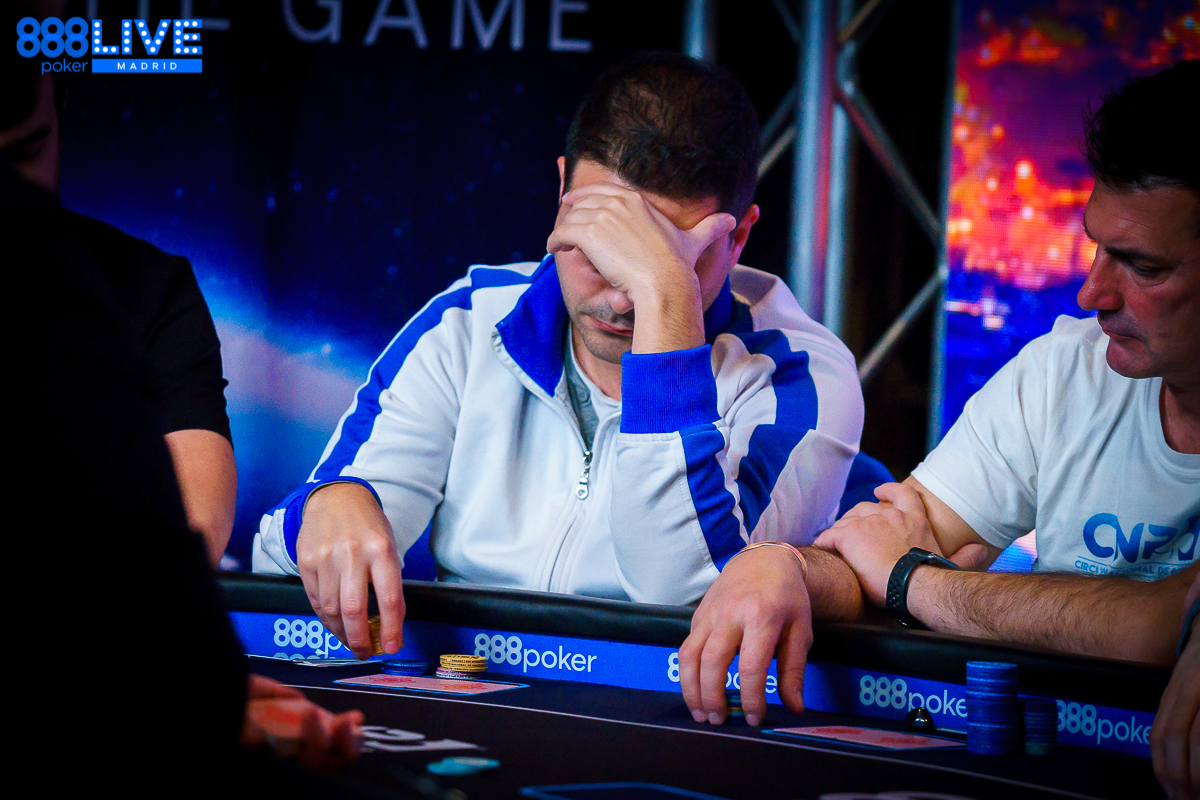
Downswings are an inevitable part of poker. Even with perfect play, we will eventually drop more stacks than we previously thought was possible.
The biggest challenge during a downswing is remaining disciplined and not becoming emotionally affected by short-term results.
Here are some of the most common pitfalls when on a downswing -
- Becoming angry and frustrated (a.k.a. “tilted” in the poker world).
- Making the downswing even longer through poor play.
- Moving up in stakes to try and win back what was lost.
- Playing exotic or unfamiliar formats like Caribbean Stud Poker to ”change things up”.
- Losing motivation to play.
- Playing large amounts of extra volume to “chase losses”.
Mental Health and Poker
Most players won’t be entirely immune to variance in poker, but it’s essential to recognise situations where our mental health becomes affected.
The following are common signs of low mental health -
- Persistent sadness or low mood.
- Excessive worry or anxiety.
- Significant changes in eating or sleeping patterns.
- Feelings of worthlessness or guilt.
- Irritability, anger, thoughts of self-harm.
- Difficulty concentrating or making decisions.
Experiencing any of the above might indicate that we should seek help from a professional.
If we feel that poker is the root cause, it’s usually time to take a break from the game until we feel our mental health has recovered.
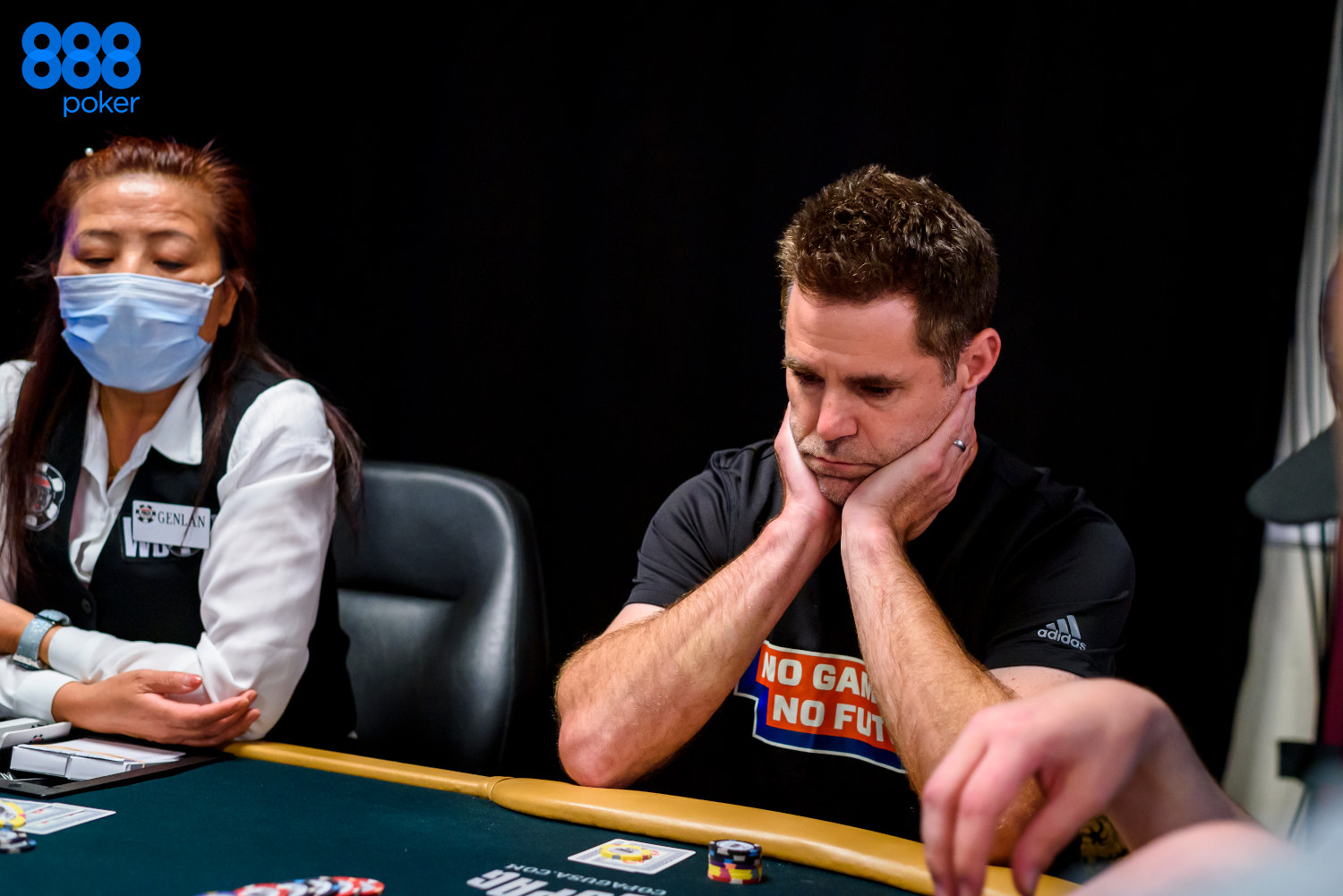
Bankroll Management
Assuming our mental health is in good shape, managing our bankroll well is crucial to navigating swings.
Depending on how much we are down or up, we should have a sound system for determining which limits we will play.
Some players struggle to move down limits during a downswing and may even play higher limits and abandon their strict poker hands ranking to try and win back what was lost.
Planning a concrete bankroll management strategy before hitting the poker tables is a good idea. Attempting to decide on our bankroll management strategy after being emotionally affected by swings is not wise and can have negative consequences.
Improvement and Learning
We should view variance in poker as an opportunity to improve our game and build a stronger mindset.
Every time we successfully navigate a significant upswing/downswing without crumbling, our mental game of poker gets stronger.
Our mindset is like a muscle that gets stronger through use.
Upswings and downswings are a unique opportunity to build strength and test our mettle.
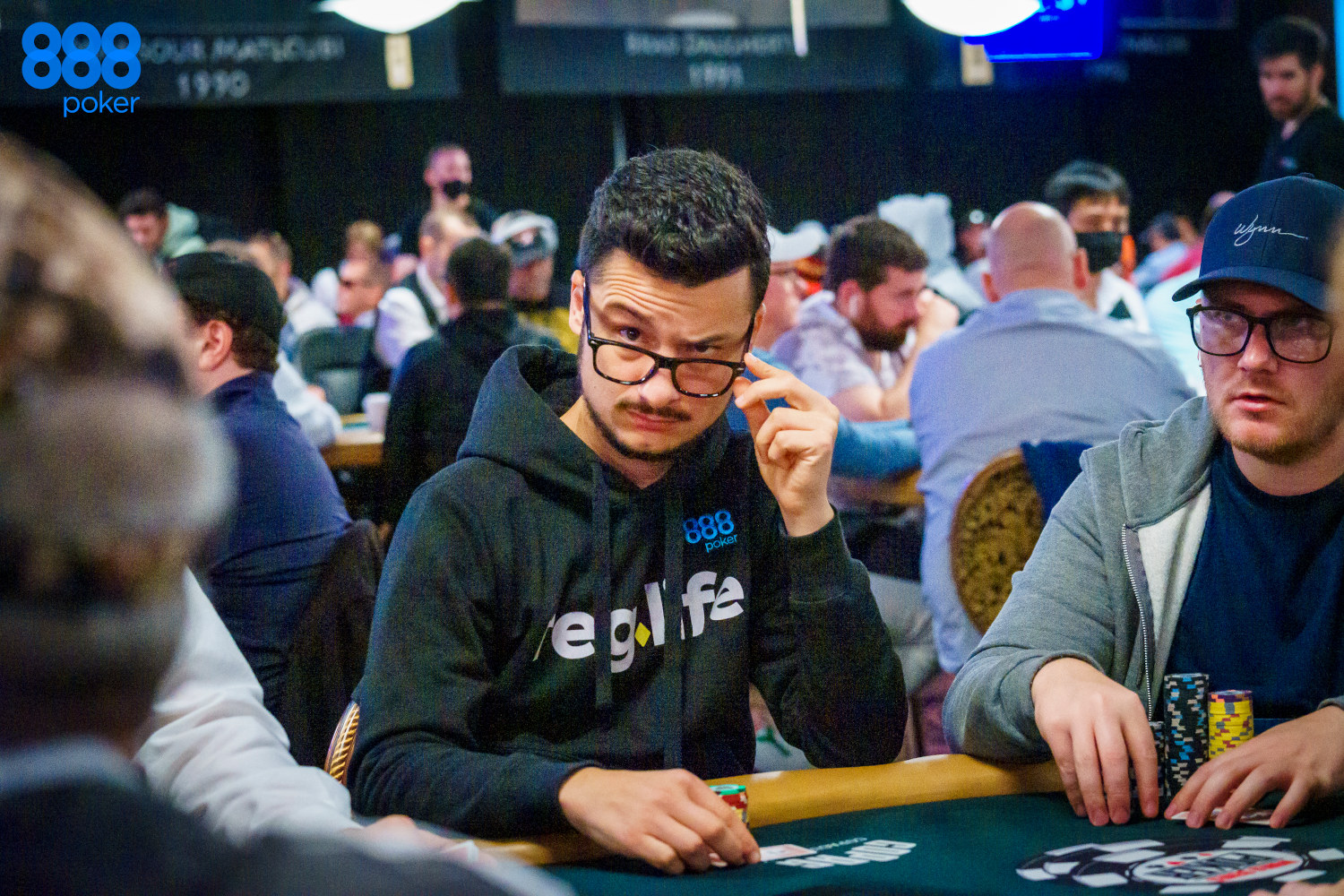
Stop Losses and Volume Limits
Poker players don’t always realise when they are no longer playing their best game on the world poker tournaments stage.
Setting some basic rules can minimise the likelihood of playing poker while emotionally affected.
- Stop Loss – A stop loss is where we quit the tables for the day after losing a certain number of buy-ins (perhaps five buy-ins, for example). We could still be playing our best game even after experiencing heavy losses. But it’s much harder to be objective about this, given the situation.
- Volume Limit – A volume limit means we set a maximum limit on how many hours (or hands) we play in a given day/session. This limit helps us avoid playing poker while overly tired and chasing losses.
Support and Networking
Like many other sports, the importance of a solid mental game is now increasingly coming into focus.
There are video series, books, courses, forums, study groups, and coaches dedicated explicitly to the mental game of poker.
Rather than wait until we experience a problem, it’s recommended to proactively seek out resources to train our mindset and build resilience.
It's also a great idea to connect with like-minded players and support each other during challenging runs at the poker tables.
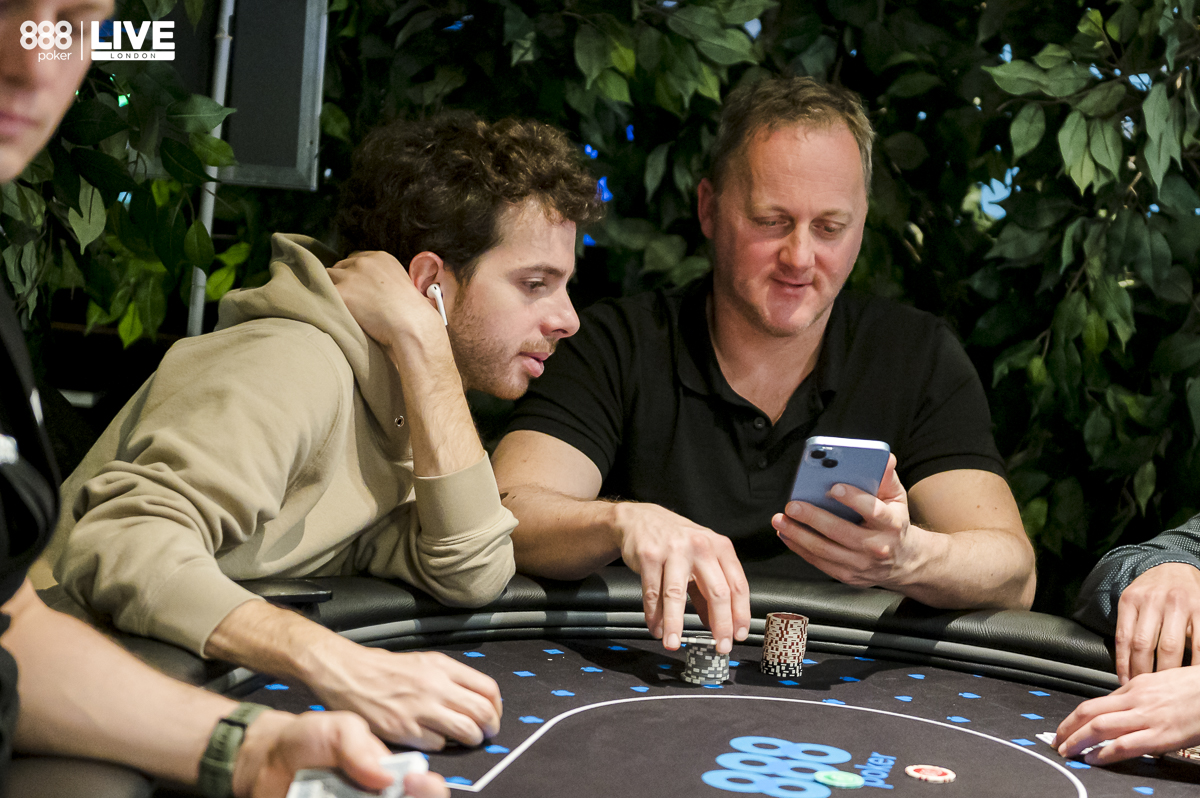
Poker Upswings and Downswings - Final Pointers
Our ability to successfully navigate upswings and downswings will improve over time and can take a lifetime to master.
We shouldn’t be discouraged by initial setbacks since they will happen to almost everyone.
Variance in poker is here to stay.
We can maximise our long-term success at the 888poker tables by actively working on our mental state.
